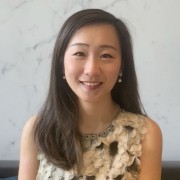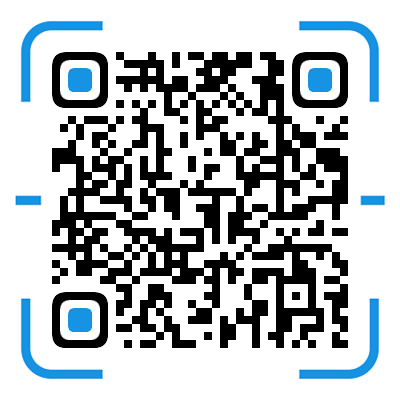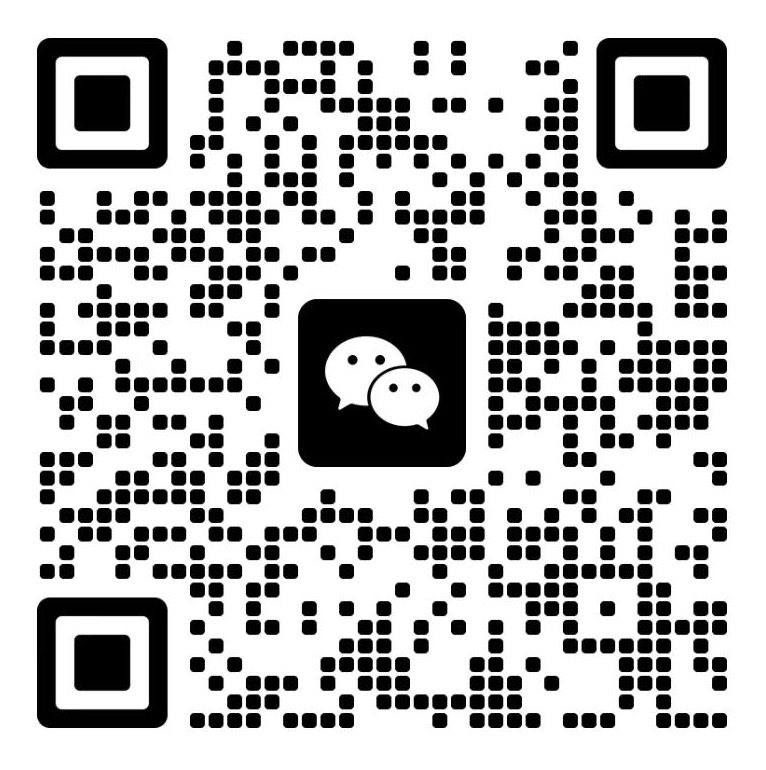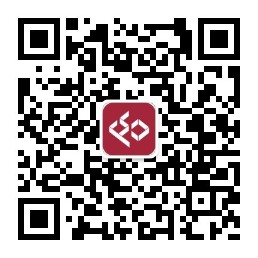耶魯大學(xué)校長(zhǎng)2022開(kāi)學(xué)演講:面對(duì)世界變局,要識(shí)別事實(shí)和謊言
閱讀: 864 發(fā)表:2年前
美東時(shí)間8月22日上午,耶魯大學(xué)舉行了2022-2023年度耶魯本科學(xué)院的開(kāi)學(xué)典禮。耶魯大學(xué)校長(zhǎng)Peter Salovey和耶魯本科學(xué)院新任院長(zhǎng)Pericles Lewis向2026屆新生表示歡迎!
開(kāi)學(xué)典禮上,Peter Salovey校長(zhǎng)發(fā)表了題為“在耶魯踏上追尋真理之路”的演講,他呼吁學(xué)生:
//
“以對(duì)不同觀點(diǎn)的包容,以尊重和積極的心態(tài),以耐心的傾聽(tīng)和深刻的思考,以滿懷同理心和理解的表達(dá),為耶魯?shù)男@再傾注一些對(duì)真理的追尋。”
耶魯校長(zhǎng)演講全文(翻譯)
早上好!很高興能在耶魯本科學(xué)院開(kāi)學(xué)典禮上見(jiàn)到各位新生和你們的家人。今天是你們正式開(kāi)啟耶魯本科生涯的第一天,我謹(jǐn)代表臺(tái)上的同事們,對(duì)這一天的到來(lái)感到由衷的喜悅。
如各位所知,耶魯大學(xué)的校訓(xùn)是“光明與真理”,拉丁語(yǔ)是Lux et Veritas,希伯來(lái)語(yǔ)是Urim v’Thummim。在耶魯?shù)男@里,這條校訓(xùn)隨處可見(jiàn)。今天,我想和大家聊聊我們的校訓(xùn)中很重要的一部分,一個(gè)在世界各地大學(xué)的使命、精神與文化中廣泛存在的追求,那就是真理。
近幾年來(lái),盡管全世界都在竭力應(yīng)對(duì)公共衛(wèi)生危機(jī),我們?nèi)阅慷昧思傧ⅲ踔潦侵囌摰乃僚啊T谶@一過(guò)程中,專業(yè)知識(shí)遭受質(zhì)疑,科學(xué)發(fā)現(xiàn)和學(xué)術(shù)研究面臨考驗(yàn)——事實(shí)上,這些挑戰(zhàn)都是一種對(duì)真理的侵犯。幾乎每天都有這樣的事情發(fā)生:報(bào)道稱有人在家“發(fā)現(xiàn)”科學(xué)家們得出的新冠肺炎病毒有關(guān)結(jié)論有誤;網(wǎng)友又編織出了全新的、毫無(wú)根據(jù)的陰謀論;我們公認(rèn)的歷史事實(shí)也被別有用心之人矢口否認(rèn)。
這里列舉5個(gè)簡(jiǎn)短的例子:年初,美國(guó)一些人(包括處于領(lǐng)導(dǎo)地位的人)把一場(chǎng)企圖顛覆我們民主基礎(chǔ)和反對(duì)選舉制度的暴徒行為稱作“合法的政治訴求”。
當(dāng)毀滅性的山火、局部嚴(yán)重干旱和歷史罕見(jiàn)的洪水等昭示著災(zāi)難性的氣候挑戰(zhàn)時(shí),一些人卻篤信毫無(wú)根據(jù)的懷疑論,無(wú)視廣泛建立起的科學(xué)共識(shí)。在美國(guó)的一些縣城里,一半的居民還不相信全球氣候變化正真實(shí)地發(fā)生著。
最近幾個(gè)月,人們關(guān)于俄烏戰(zhàn)爭(zhēng)的情緒被誤導(dǎo)和激化。社交媒體平臺(tái)上,有些人通過(guò)宣傳虛假內(nèi)容煽動(dòng)種族主義情緒,比如在緬甸和埃塞俄比亞所發(fā)生的事。
最近的一樁誹謗罪判案中,一位臭名昭著的陰謀論者稱發(fā)生在距離耶魯校園約半小時(shí)車程的康涅狄格州桑迪胡克謀殺案(20名小學(xué)生和6名成年人在此次事故中喪生)系美國(guó)政府所為。當(dāng)然,傳播假消息已經(jīng)不是什么新鮮事了。歷史充斥著謊言招致的惡果。
20世紀(jì)哲學(xué)家Hannah Arendt,曾于1971年獲得耶魯名譽(yù)學(xué)位。她在敘述人性黑暗和殘酷政權(quán)時(shí)寫(xiě)道,真正的極權(quán)主體不是某一黨派的堅(jiān)定支持者,而是那些對(duì)事實(shí)與杜撰,正確與錯(cuò)誤不加區(qū)分的人。
沒(méi)錯(cuò),惡毒可以在缺少真理的環(huán)境中猖獗。因此,在對(duì)真理的持續(xù)探索中,人性本身也岌岌可危。
就耶魯而言,高校必須首先通過(guò)支持教師來(lái)打擊虛假信息、阻止煽動(dòng)和臆造陰謀論的傳播,因?yàn)樗麄兯龅恼鞘占茖W(xué)數(shù)據(jù)并提出學(xué)術(shù)見(jiàn)解。教員們必須能夠自由地傳授知識(shí),并教學(xué)生批判性地思考各種觀點(diǎn)及其來(lái)源。
但要有效地做到這一點(diǎn),高等教育體系中的老師和學(xué)生都必須對(duì)多元的思想保持開(kāi)放,無(wú)論是傳統(tǒng)還是非傳統(tǒng)的,左派還是右派。耶魯大學(xué)長(zhǎng)期以來(lái)代表并致力于對(duì)真理的堅(jiān)守,因此我們有責(zé)任應(yīng)對(duì)公信力危機(jī)。
對(duì)于窮極一生追尋真理的藝術(shù)家、學(xué)者、科學(xué)家與一線實(shí)踐者們,像耶魯這樣的大學(xué)是他們的家園。然而,社會(huì)上觀點(diǎn)的極化,無(wú)論是否被某一特定派別所接受,都無(wú)疑阻礙了追尋真理的進(jìn)程,也將會(huì)蠶食公眾對(duì)專業(yè)知識(shí)的信心,并在人們亟需純粹的真相時(shí)消解著大學(xué)的影響力。
當(dāng)有思想的人負(fù)責(zé)任地闡述了不受歡迎的或非主流的觀點(diǎn),而我們對(duì)此保持開(kāi)放,那么全體師生乃至整個(gè)大學(xué)將被視作可靠信息的來(lái)源。大多數(shù)美國(guó)人仍然對(duì)大學(xué)持有積極看法,認(rèn)為大學(xué)教育對(duì)一個(gè)人的未來(lái)發(fā)揮著重要的作用。但是,對(duì)于高等教育將為社會(huì)帶來(lái)有益影響的信心卻被一種質(zhì)疑所侵蝕,那就是我們不愿接受挑戰(zhàn)的聲音。
或者說(shuō)有些人相信,學(xué)生中認(rèn)為可以安全地發(fā)表不受歡迎的觀點(diǎn)的比例在下降。實(shí)際情況絕非如此,學(xué)生們不愿校園成為多元觀點(diǎn)的匯聚之地是一個(gè)謠言。根據(jù)美國(guó)奈特基金會(huì)(Knight Foudation)最近的一項(xiàng)調(diào)查,大多數(shù)學(xué)生認(rèn)為接觸各類言論比通過(guò)禁止冒犯性或偏見(jiàn)性的言論來(lái)保護(hù)大家更為重要。一些人所說(shuō)的“取消文化”并不是學(xué)生群體的主流思想。
耶魯擁有美國(guó)歷史最悠久的大學(xué)辯論文化,持有任何政治立場(chǎng)的學(xué)生都可以加入到激烈而文明的討論中。在耶魯,你會(huì)看到美國(guó)民主黨籍政治家、耶魯法學(xué)院73屆校友希拉里·克林頓作為耶魯本科生畢業(yè)日的受邀嘉賓演講,也會(huì)看到共和黨派、美國(guó)前總統(tǒng)布什父子榮獲耶魯本科生終身成就獎(jiǎng)。同時(shí),耶魯大學(xué)為持有不同意識(shí)形態(tài)的人提供互動(dòng)機(jī)會(huì),比如此前一場(chǎng)對(duì)話中齊聚了來(lái)自兩黨的四任美國(guó)前國(guó)務(wù)卿。
但是坦白來(lái)講,在校園里發(fā)表不受歡迎的見(jiàn)解的確有些困難。我剛提到的奈特基金會(huì)調(diào)查也顯示,只有大約一半的學(xué)生“能夠自如地表達(dá)不同意見(jiàn)”。
因此,我們需要提升學(xué)生每天在教室、餐廳和會(huì)議室內(nèi)與不同觀點(diǎn)探討的持續(xù)渴望,并認(rèn)識(shí)到向他人表達(dá)不同見(jiàn)解的重要性。事實(shí)上,在大學(xué)這個(gè)環(huán)境中,我們必須能夠?qū)⒄?dāng)?shù)漠愖h與徹頭徹尾的謊言區(qū)分開(kāi)來(lái),必須堅(jiān)定地為令人不悅的真知灼見(jiàn)留有空間,正如我們駁斥謬論時(shí)一樣堅(jiān)定。
因此,我們必須培養(yǎng)一種開(kāi)放的態(tài)度,尤其是當(dāng)我們最根深蒂固的思想受到挑戰(zhàn)之時(shí)。這樣的氛圍承載著對(duì)真理的探尋,以及相信真理所需要建立起的公信力。
當(dāng)然,在我們追尋真理的過(guò)程中,我們必須銘記耶魯?shù)葘W(xué)術(shù)機(jī)構(gòu)的權(quán)力和影響力。我們必須謙虛地認(rèn)識(shí)到,謬論也可能偽裝成真理,比如,歷史上我們?cè)e(cuò)誤地認(rèn)為男女不應(yīng)該同校,以及引領(lǐng)了“優(yōu)生運(yùn)動(dòng)”的風(fēng)潮。當(dāng)權(quán)力同時(shí)意味著責(zé)任時(shí),這些困擾成為了一些人拒絕使用“真理”一詞來(lái)描述耶魯使命的原因。
盡管如此,在耶魯,我經(jīng)常看到教師們鼓勵(lì)學(xué)生對(duì)數(shù)據(jù)和觀點(diǎn)提出質(zhì)疑,也看到學(xué)生們面對(duì)相悖的證據(jù)時(shí)改變自己的觀點(diǎn)。你們每個(gè)人都將在耶魯經(jīng)歷這些,并且經(jīng)常經(jīng)歷,這是耶魯教育的一部分。
在耶魯可選的課程中,經(jīng)常可見(jiàn)兩位代表不同學(xué)科的教授共同教授一門課。在他們的課上你將體會(huì)到,從不同的視角審視同一個(gè)問(wèn)題將促生全新觀點(diǎn)。比如,電影史教授與物理學(xué)家共同教授的電影課程,哲學(xué)家與經(jīng)濟(jì)學(xué)家共同講解自然選擇,美國(guó)研究和護(hù)理學(xué)院學(xué)者共同教授跨性別健康課程。類似地,最近一個(gè)學(xué)期,三位持不同政見(jiàn)的專家共同開(kāi)設(shè)了一門關(guān)于自由主義危機(jī)的課程,橫跨了奧巴馬與特朗普的總統(tǒng)任期。
我們將繼續(xù)為你們創(chuàng)造可以自由爭(zhēng)論復(fù)雜問(wèn)題的對(duì)話機(jī)會(huì)。這些時(shí)刻讓我們意識(shí)到,現(xiàn)實(shí)中沒(méi)有任何意識(shí)集團(tuán)真正擁有真理;事實(shí)不會(huì)歸順于我們?nèi)魏纹虻慕Y(jié)論。因此,實(shí)證必須引導(dǎo)我們持有的觀念,而非順從于它。
講到這里,我想到了一本名為《真理之死》的書(shū),它的作者是耶魯本科學(xué)院1976屆校友、普利策獎(jiǎng)獲得者角谷美智子,一位我們所追尋真理的捍衛(wèi)者。角谷美智子在書(shū)中對(duì)理性與客觀的呼吁,以詹姆斯·麥迪遜(美國(guó)第四任總統(tǒng)、美國(guó)憲法之父)的一句話結(jié)束,這也是對(duì)我們這個(gè)時(shí)代提出的警告:“一個(gè)公眾的政府,若沒(méi)有供民眾獲取的信息或獲取信息的方式,將會(huì)奏響一場(chǎng)鬧劇或悲劇,或兩者兼具的慘劇的前奏。”
當(dāng)然,角谷美智子在書(shū)中認(rèn)為,“如果沒(méi)有公認(rèn)的事實(shí),這種事實(shí)不是指民主黨或共和黨眼中的事實(shí),也不是指經(jīng)過(guò)改編了的單一來(lái)源的信息,人們無(wú)法對(duì)政策展開(kāi)理智的辯論,無(wú)法實(shí)際評(píng)估政治職位候選人,無(wú)法讓他們對(duì)人民負(fù)責(zé)。沒(méi)有真理,民主將步履蹣跚。美國(guó)開(kāi)國(guó)元?jiǎng)讉冋J(rèn)識(shí)到了這一點(diǎn),那些尋求民主生存空間的人也必須認(rèn)識(shí)到這一點(diǎn)。”
我還想到了James Hatch,一位曾在美國(guó)海軍特種作戰(zhàn)司令部服役二十年后重返校園的耶魯本科生。他這樣描述耶魯?shù)男@氛圍:“這里的大多數(shù)學(xué)生都同意,為改善人類的狀況,必須存在這樣一個(gè)——觀點(diǎn)可以被公開(kāi)挑戰(zhàn),討論可以激烈而有序進(jìn)行的地方。”

*耶魯大學(xué)2022開(kāi)學(xué)典禮現(xiàn)場(chǎng)
耶魯大學(xué)致力于承擔(dān)提高學(xué)術(shù)研究、專業(yè)知識(shí)和高等教育機(jī)構(gòu)公信力的責(zé)任,確保Hatch先生的體會(huì)是每名耶魯學(xué)子在任何時(shí)刻和任何角落都能感同身受的。
耶魯大學(xué)的一門名為《哲學(xué)與人性科學(xué)》的哲學(xué)課正反映了耶魯在這方面的努力。在課程中,耶魯文理學(xué)院院長(zhǎng)Tamar Gendler將當(dāng)代認(rèn)知科學(xué)與古代哲學(xué)家的作品聯(lián)系起來(lái),幫助我們更好地理解在研讀這些作品時(shí),我們的大腦產(chǎn)生了怎樣的活動(dòng)。在她的課上,同學(xué)們重新解讀柏拉圖的洞穴寓言,洞穴里的人們將墻上的影子誤認(rèn)為現(xiàn)實(shí)。Gendler院長(zhǎng)進(jìn)一步引導(dǎo)學(xué)生對(duì)這一觀點(diǎn)提出挑戰(zhàn):既然人類的頭腦并不十全十美,真理又如何能夠被發(fā)現(xiàn)呢?
當(dāng)然,我們的局限并不能阻擋我們對(duì)真理的探尋。因?yàn)樗鼈兪蔷S系我們保持好奇的動(dòng)力。心懷謙遜,我們便可以擴(kuò)展自己的認(rèn)知。
所以,在耶魯,我們不會(huì)重申你在來(lái)時(shí)已有的想法。相反,我們會(huì)在四年時(shí)光里激發(fā)你發(fā)現(xiàn)自己未知的事物。我們會(huì)幫助你打磨過(guò)濾假象的能力,因?yàn)橥ㄗR(shí)教育的核心是由理性、邏輯與批判性思維組成的。
不久,你將從這種教育中受益。當(dāng)然,你們也應(yīng)該積極參與其中,無(wú)論現(xiàn)在作為一名學(xué)生,還是之后成長(zhǎng)為一位校友。
今天,在你們即將開(kāi)啟自己的本科生涯之時(shí),我呼吁所有人,在每一次研討會(huì)上、每一所寄宿學(xué)院里與每一場(chǎng)深夜談話之中,以對(duì)不同觀點(diǎn)的包容,以尊重和積極的心態(tài),以耐心的傾聽(tīng)和深刻的思考,以滿懷同理心和理解的表達(dá),為耶魯?shù)男@再傾注一些對(duì)真理的追尋。讓我們一同提升自己的包容度和參與度,反對(duì)公開(kāi)羞辱、挖苦和排斥的文化。
讓我們恪守歷經(jīng)歲月考驗(yàn)的優(yōu)良傳統(tǒng),在耶魯秉持公開(kāi)討論的學(xué)術(shù)氛圍。在這樣的社區(qū)中,我們才能產(chǎn)生推動(dòng)世界的學(xué)術(shù)成就和科學(xué)突破,并不斷超越。
正是這樣,你們才能拓展專業(yè)知識(shí),挽救知識(shí)的地位;你們才能夠在日漸黑暗的世界里,讓“真理”與“光明”同在;你們或許能夠改變這個(gè)割裂世界的命運(yùn),讓真理光芒四射。歡迎來(lái)到耶魯!
耶魯校長(zhǎng)演講原文:
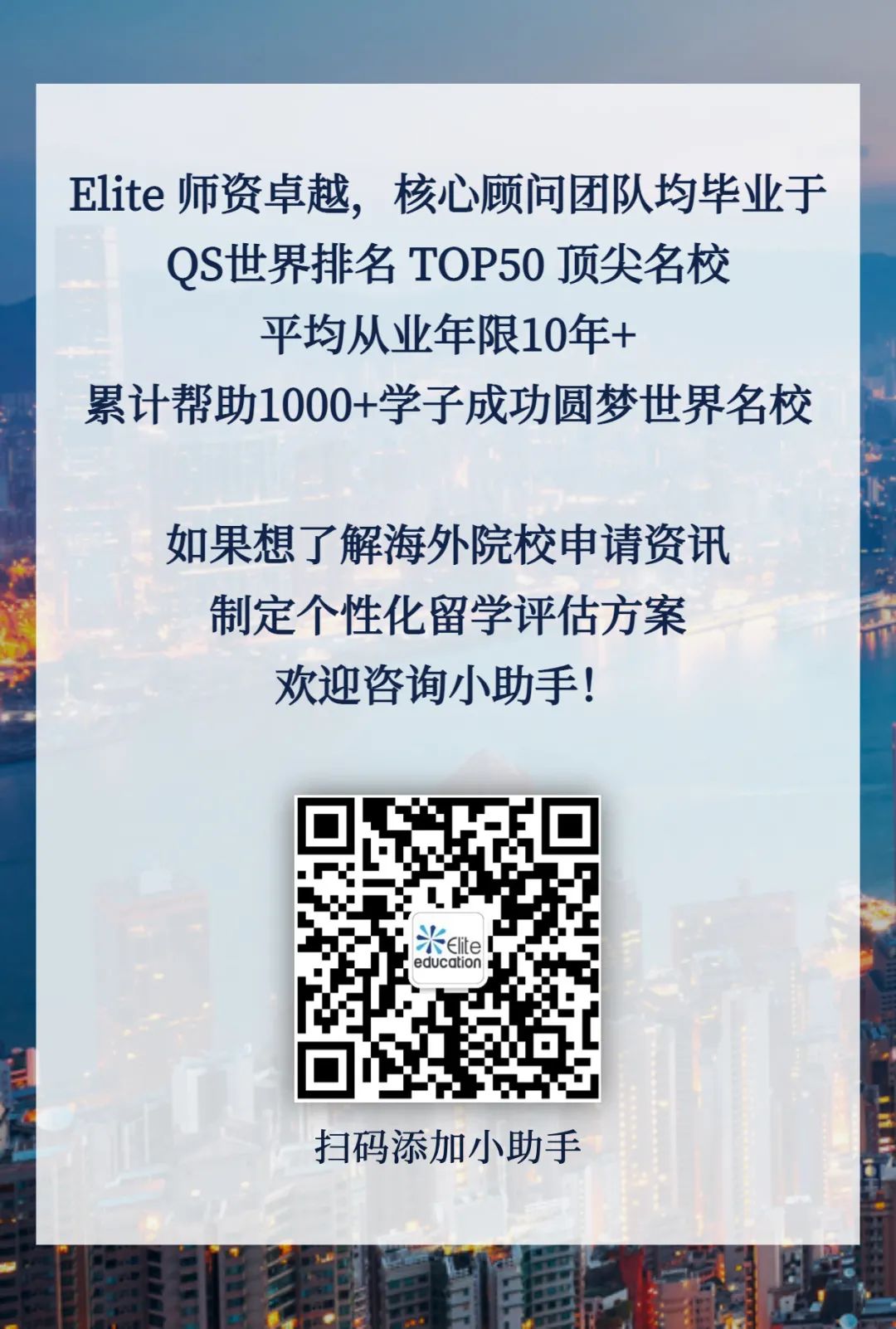
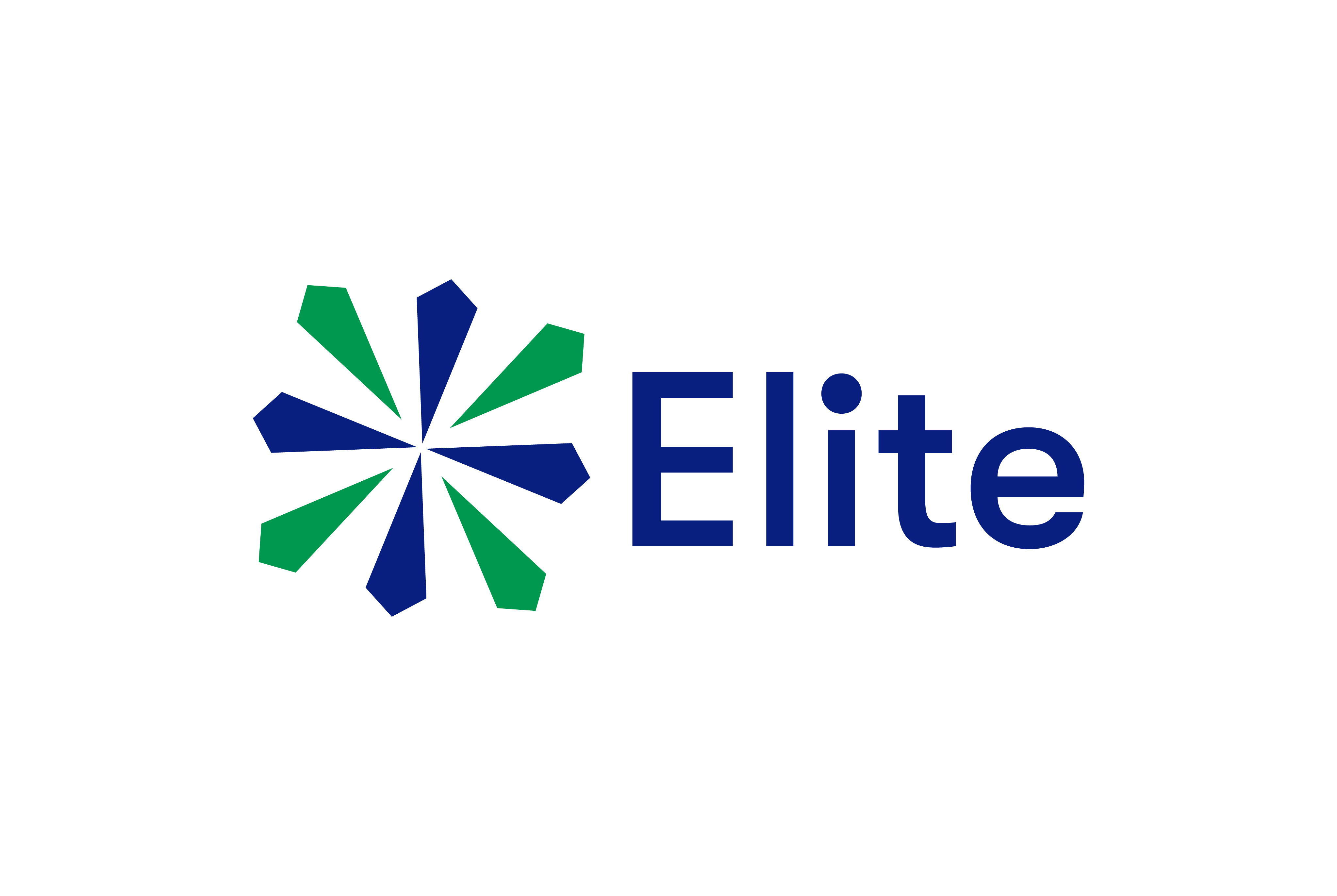
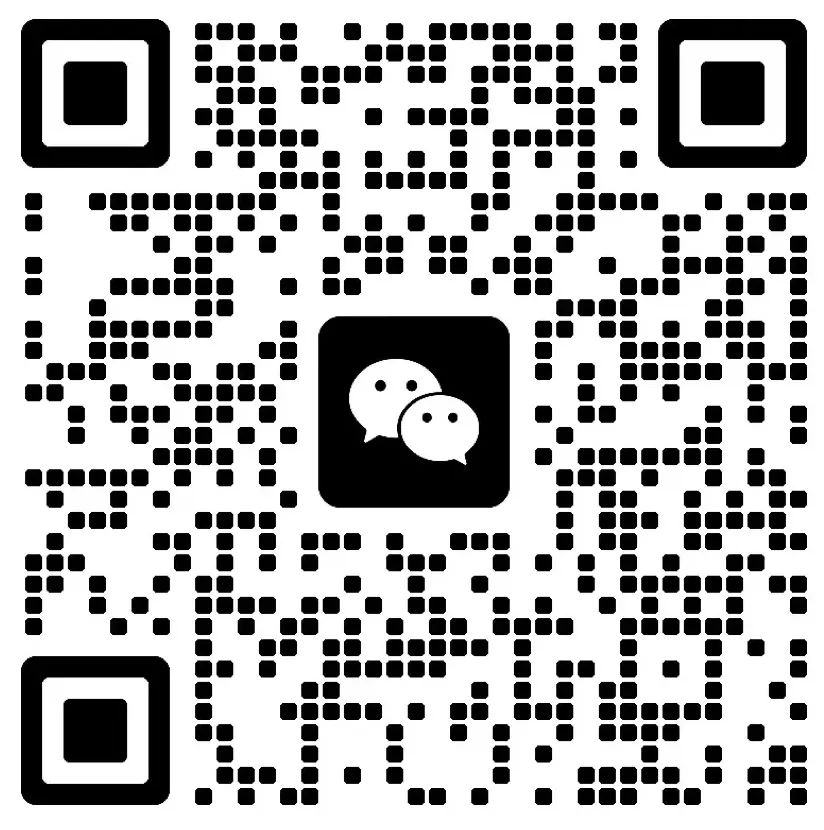

 FindingSchool美高排名
FindingSchool美高排名
 美國(guó)
美國(guó)
 加拿大
加拿大
 英國(guó)/瑞士
英國(guó)/瑞士
